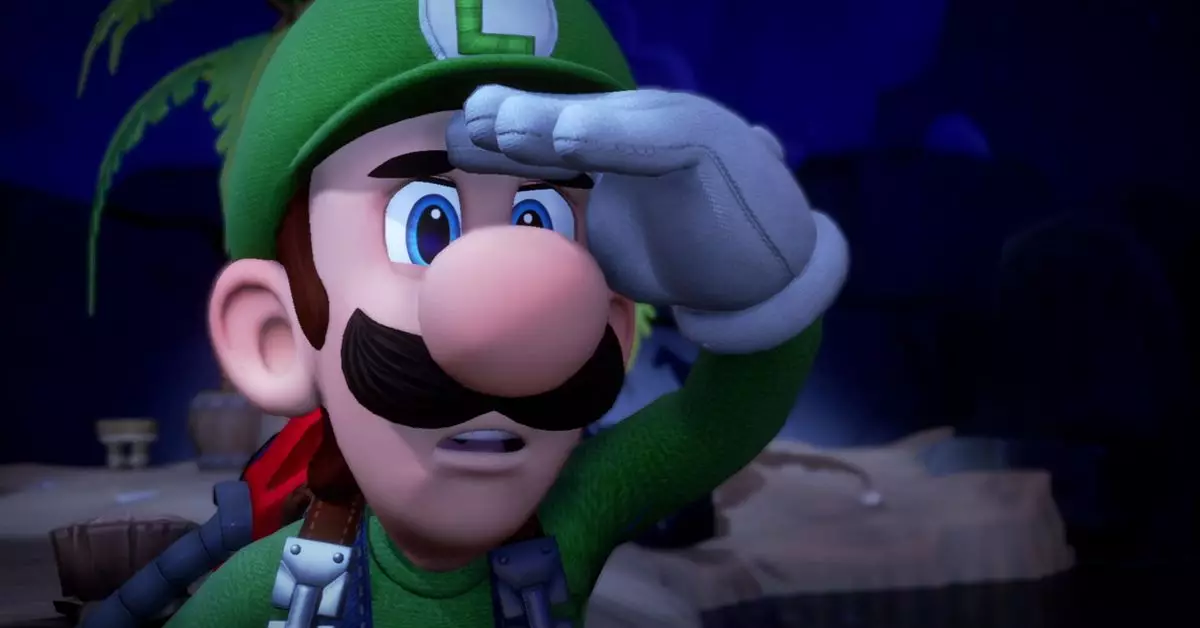Luigi, traditionally positioned as Mario’s sidekick in the iconic Nintendo franchise, has evolved from mere support character to a pop culture phenomenon in his own right. This ascension is particularly evident during events like Awesome Games Done Quick (AGDQ) 2025, where community engagement can turn even the subtlest references into ripe sources of joy and debate. Luigi’s character embodies a charming blend of silliness and relatable awkwardness, which has resonated strongly with gamers, particularly those from marginalized backgrounds. His meme-worthy moments contribute to a distinct culture involving redemption and acceptance, standing in stark contrast to the often hyper-masculine traits displayed by many lead characters in gaming.
However, this collective fondness for Luigi has taken on a new and somber dimension in light of recent events, particularly the shocking arrest of Luigi Mangione, implicated in the tragic murder of UnitedHealthcare CEO Brian Thompson. The gravity of such an incident inevitably casts shadows over the jovial spirit typically associated with Luigi. While it may seem that the community was merely engaging in light-hearted memes during AGDQ, the confluence of the meme culture with such a grave circumstance leads to unsettling questions about loyalty, morality, and the implications of glorifying a character when the name behind it is entangled in real-world distress.
A Charitable Undertone Amid Controversy
During AGDQ 2025, viewers had ample opportunity to demonstrate their affection for Luigi through donations linked to naming bids in various games, with a staggering amount exceeding $18,000 accumulated for Luigi-related bids. This charitable angle adds a layer of complexity to the situation; while one may argue that the community was simply indulging in a beloved meme, it’s equally plausible that their actions served as a subtle yet powerful form of collective expression regarding the newly complicated legacy of Luigi Mangione. The ubiquity of the name Luigi in these bids may reflect solidarity with the character’s spirit rather than endorsing the individual’s actions.
The very culture of gaming thrives on humor and irony, and in this instance, it highlights a duality that doesn’t easily reconcile. The tension between honoring the simplicity of gameplay and acknowledging real-world ramifications showcases how art influences our perceptions. Are we, as a community, perpetuating harmful narratives out of nostalgia, or is there room for growth and reflection in the way we engage with these characters?
It’s essential for the gaming community to confront these questions head-on, as it navigates its love for characters imbued with charm while confronting the challenges that real-life individuals may bring. The legacy of Luigi, once simple and straightforward, now serves as an unsettling reminder of how gaming narratives can intertwine with profound ethical dilemmas in contemporary society.
Luigi’s evolving significance in gaming culture reflects broader communal values – from humor and nostalgia to the importance of critical reflection in the face of adversity. The duality that now marks the legacy of this lovable character serves not only as a mirror to our society but also a call to examine our community’s relationships with the figures we elevate in our beloved pastime.

